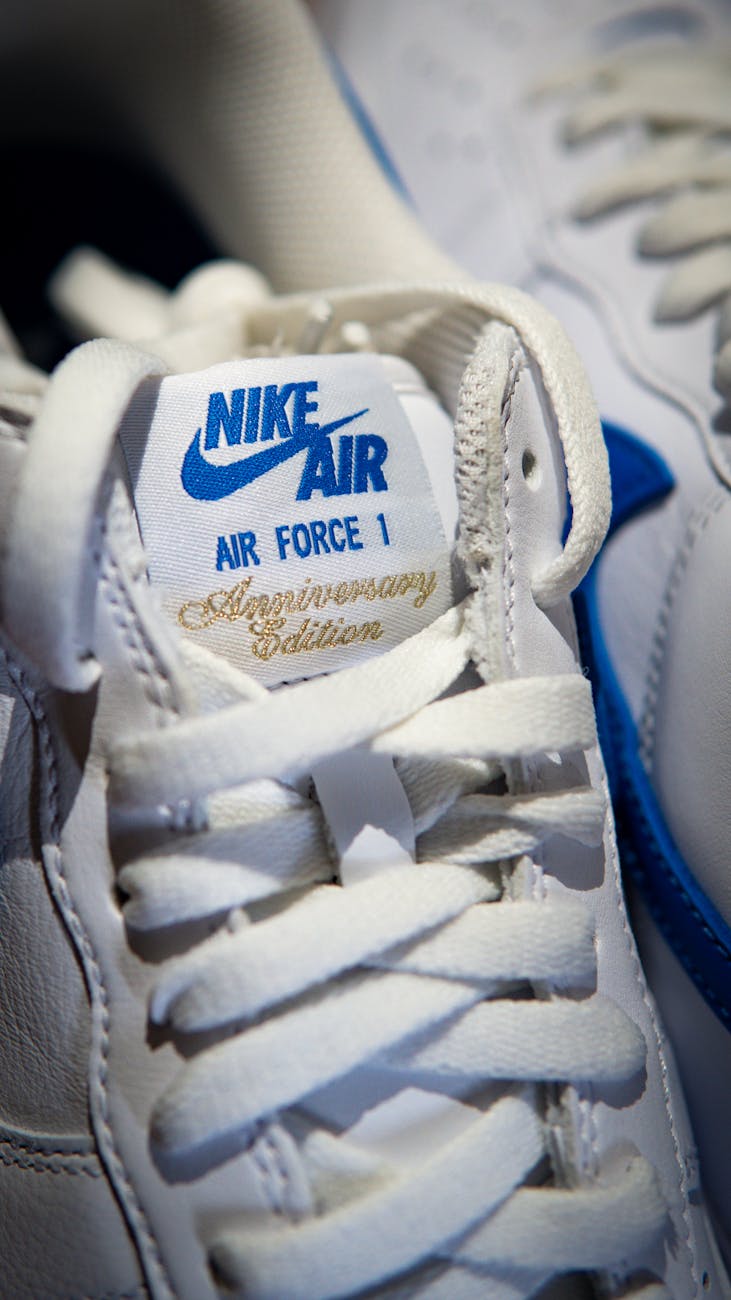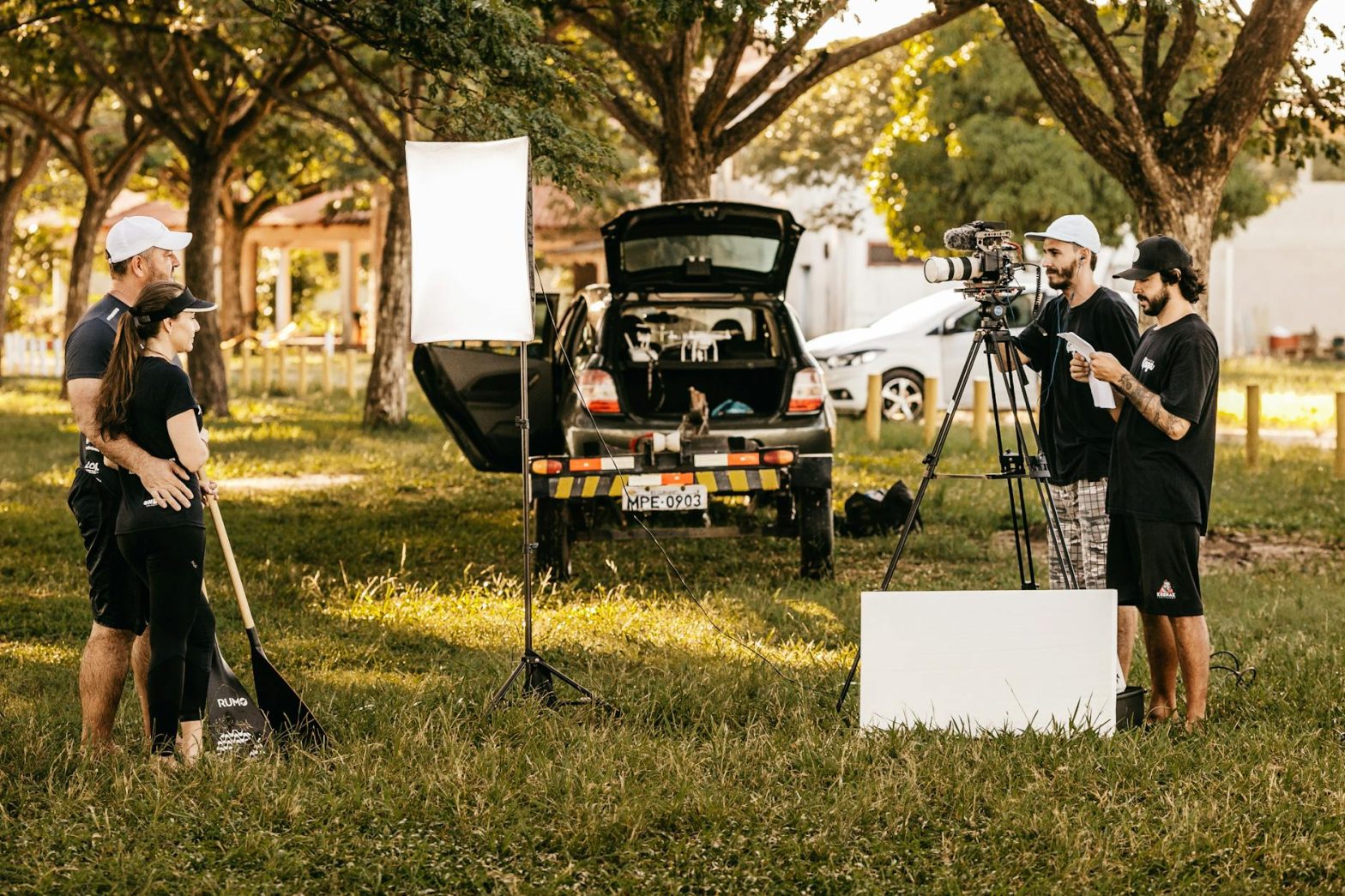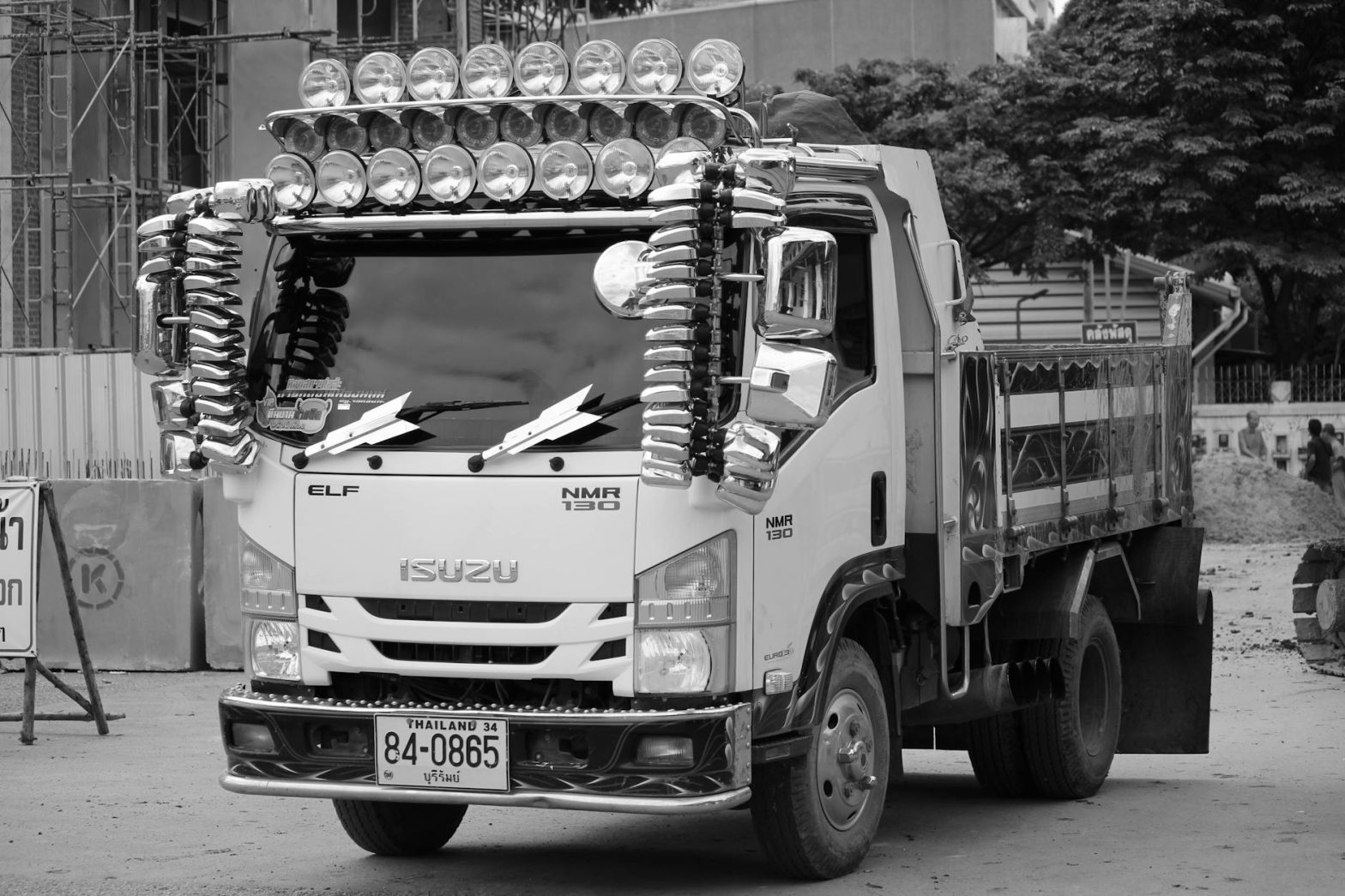Welcome to Doncaster Careers: Your Gateway to Thriving in the Heart of South Yorkshire
Hello and a warm welcome to Doncaster Careers, your go-to blog for practical, down-to-earth advice on navigating the job market in Doncaster and beyond. Whether you’re a school leaver pondering your first steps, a mid-career professional eyeing a switch, or someone relocating to this vibrant corner of South Yorkshire, we’re here to guide you every step of the way. I’m [Your Name or Blog Admin], a local with years of experience in recruitment and career coaching right here in Doncaster. Our mission? To empower you with the insights, tools, and inspiration needed to build a fulfilling career that aligns with your skills, passions, and the unique opportunities our region offers.
Doncaster isn’t just a town—it’s a hub of opportunity. Nestled in the heart of Yorkshire, with excellent transport links via the A1(M), East Coast Main Line, and Doncaster Sheffield Airport (even if it’s currently mothballed, fingers crossed for a revival!), we’re perfectly positioned for growth. Our economy thrives on manufacturing, logistics, engineering, healthcare, and retail, with major players like Amazon, Hitachi Rail, and the NHS providing thousands of jobs. But we know the job hunt can feel overwhelming. That’s why this blog exists: to break it down into bite-sized, actionable advice. We’ll cover everything from spotting local trends to honing essential skills, landing apprenticeships, and even exploring paths further afield in places like Sheffield, Leeds, or even nationally.
Let’s dive into what you can expect from Doncaster Careers. We’ve structured our content around key categories designed to address your most pressing questions. First up: Local Job Market Trends. In Doncaster, the landscape is shifting rapidly. Advanced manufacturing is booming, thanks to initiatives like the Doncaster UTC (University Technical College) focusing on engineering and digital skills. Logistics and distribution are huge—think of the iPort development, one of Europe’s largest logistics parks, creating roles in warehousing, supply chain management, and e-commerce fulfillment. We’ll keep you updated with fresh data from sources like the Office for National Statistics and local council reports, highlighting sectors with low unemployment (like healthcare at around 3-4% locally) and emerging fields such as green energy, where wind farm projects in nearby Humber could spill over into Doncaster jobs.
Next, we turn to Essential Skills to Build. In a competitive market, what sets you apart? For Doncaster’s industries, technical skills like CAD software for engineering or forklift certification for logistics are gold. But don’t overlook soft skills—communication, problem-solving, and adaptability are key in team-based environments like factories or hospitals. We’ll share free resources: online courses from platforms like FutureLearn or local workshops at Doncaster College. Imagine boosting your CV with digital marketing know-how for retail gigs at the Frenchgate Centre or coding basics for tech roles in growing startups. We’ll even guide you on upskilling affordably, perhaps through government-funded programs like the Skills Bootcamps, which target high-demand areas without breaking the bank.
Apprenticeships are a cornerstone of career entry here, so our Apprenticeships and Training Pathways category is packed with gems. Doncaster boasts over 1,000 apprenticeship starts annually, from Level 2 in customer service to advanced Level 6 in rail engineering. Providers like DN Colleges Group and apprenticeships with employers such as Polypipe or Next offer earn-while-you-learn paths. We’ll walk you through applications—deadlines, what to expect in interviews, and success stories. For instance, did you know that 90% of apprentices in South Yorkshire stay in employment post-training? We’ll help you avoid common pitfalls, like missing out on levy-funded spots, and connect you with events like the annual Doncaster Apprenticeship Fair.
In our Industry Spotlights, we’ll zoom in on specific sectors. Take manufacturing: with firms like Unipart Rail and McLaren Composites, entry-level assembly roles can lead to specialized positions in quality control or automation. Salaries start at £20,000-£25,000 but climb to £40,000+ with experience. Healthcare is another winner—Doncaster and Bassetlaw Teaching Hospitals NHS Foundation Trust employs thousands, from nursing assistants to allied health professionals. We’ll discuss entry requirements, like GCSEs for apprenticeships, and how to transition from unrelated fields, perhaps via retraining schemes. Retail and hospitality aren’t forgotten; with outlets like Lakeside Village, there’s steady demand for management tracks.
For those already in the workforce, Career Progression Strategies will be your ally. How do you climb from a warehouse operative at Amazon’s Doncaster site to a supervisory role? We’ll cover mentorship through local networks like the Doncaster Chamber of Commerce, internal promotions, and balancing work with family life—crucial in a town where commuting is minimal. Expect tips on negotiating pay rises, building a portfolio, and leveraging LinkedIn for connections. We also address challenges like redundancy, drawing from real local experiences during economic dips.
But what if Doncaster feels too small? Our Opportunities Further Afield category expands your horizons. Commute to Sheffield for tech jobs at companies like Sky Betting & Gaming, or Leeds for finance and creative industries—all within an hour’s train ride. Nationally, remote work in IT or consulting lets you stay local while tapping global firms. We’ll include commuting hacks, like using the Northern Rail pass, and how Doncaster skills transfer—your logistics experience could land you in supply chain roles at major ports like Immingham.
No career advice is complete without Resume and Interview Mastery. Tailored for Doncaster, we’ll show how to highlight relevant experience for engineering firms or prepare for behavioral questions at distribution centers. From ATS-friendly CVs to mock interviews, we’ve got you covered. Plus, networking events at the Doncaster Racecourse or online via Meetup groups.
Finally, get motivated with Success Stories and Inspiration. We’ll feature locals like Sarah, who started as a retail apprentice and now manages a store chain, or Mike, who pivoted from mining heritage jobs to renewable energy in nearby Rotherham. These interviews reveal grit, unexpected turns, and practical tips—like joining professional bodies such as the Institute of Engineering and Technology.
At Doncaster Careers, we’re committed to inclusivity. Whether you’re from diverse backgrounds, dealing with disabilities, or returning after a break, our advice is for everyone. We update content regularly based on reader feedback—drop a comment or email us at [contact email]. Subscribe for newsletters on job alerts, skill webinars, and exclusive interviews.
In closing, your career is more than a job; it’s your story. Doncaster offers a blend of tradition and innovation— from its historic market to cutting-edge rail tech. We’re excited to be part of your journey. Let’s turn possibilities into realities. What’s your career question? Share below, and let’s chat!











